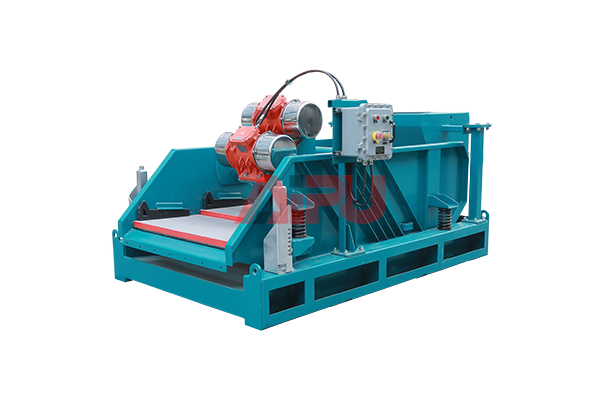Troubleshooting the Equipment Optimization of Solids Control Equipment
Solids control equipment plays a critical role in drilling operations, ensuring efficient separation and removal of solids from drilling fluids. However, optimizing this equipment for peak performance can be challenging. Understanding common issues and troubleshooting techniques is essential for maintaining operational efficiency.

One of the most frequent problems encountered is improper screen selection. Screens that are too fine can clog quickly, while those that are too coarse allow excessive solids to pass through. Regular inspection and adjustment of screen mesh size based on drilling conditions can significantly improve performance. Monitoring the condition of screens and replacing them when worn is equally important.
Another common issue involves improper equipment configuration. The arrangement of shale shakers, desanders, desilters, and centrifuges must follow a logical progression based on particle size removal. When equipment is incorrectly sequenced, the entire system becomes less efficient. Reviewing the flow path and ensuring proper equipment order can resolve many performance issues.
Vibration problems in shale shakers often lead to suboptimal solids removal. Excessive vibration can damage equipment, while insufficient vibration reduces separation efficiency. Checking motor mounts, ensuring proper tension on vibration springs, and verifying motor RPM settings are crucial troubleshooting steps. Regular lubrication of moving parts helps maintain consistent vibration performance.
Flow rate management presents another optimization challenge. When flow rates exceed equipment capacity, separation efficiency drops dramatically. Installing flow meters and adjusting pump rates to match equipment specifications ensures optimal performance. Monitoring pressure differentials across equipment can indicate when flow rates need adjustment.
Chemical treatment of drilling fluids directly impacts solids control effectiveness. Improper chemical usage can lead to screen blinding or poor separation. Working closely with mud engineers to maintain proper fluid properties enhances equipment performance. Regular testing of mud properties helps identify chemical treatment issues before they affect equipment operation.
Electrical and mechanical failures account for many solids control equipment problems. Regular preventive maintenance, including checking electrical connections, inspecting belts and bearings, and verifying proper alignment of rotating components, prevents unexpected downtime. Implementing a scheduled maintenance program based on manufacturer recommendations extends equipment life and maintains performance.
If your project requires solids control equipment, choose Aipu solids control, we believe it will be your best choice.
